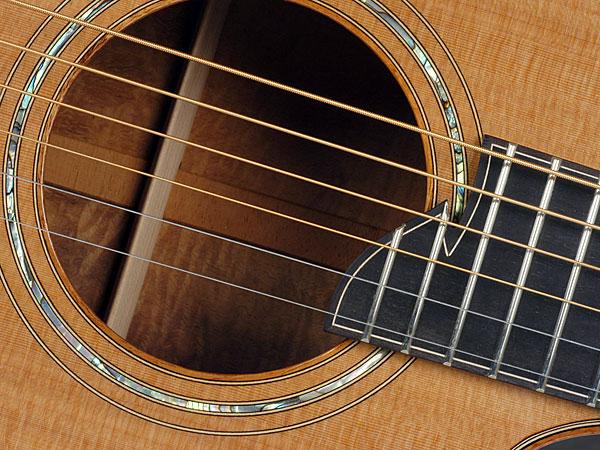| Columns Retired Columns & Blogs |
Thanks for this nice essay. I was lucky enough to experience what you describe as "our hobby's loftiest prize" just last night. GF gave me Joni's "Love Has Many Faces" for Christmas and last night Disc 3 was up. I've heard "Just Like This Train" a million times on every conceivable device but to hear it on "the good stereo" was to hear John Guerin's wonderful drumming as if for the first time.









































